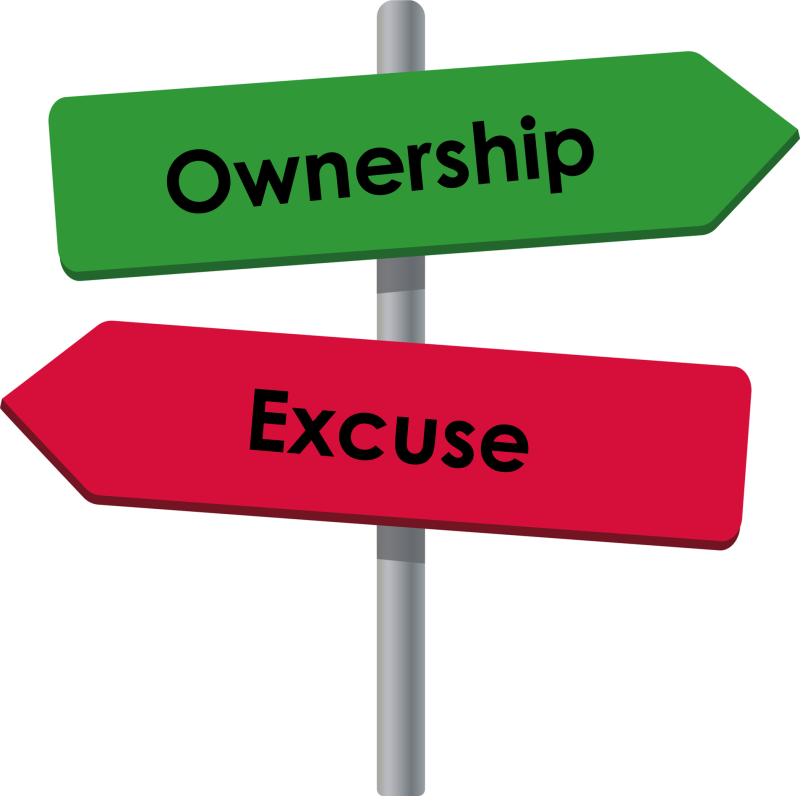
The fifth and final AARMA Superpower is Accountability — owning our actions, learning from our choices, and using that learning to grow!
The science
The brain learns through cause and effect. Every time a child reflects on what happened and why, they’re strengthening neural pathways linked to reasoning, empathy, and future planning — all functions of the Wise Handler Brain (prefrontal cortex).
But when accountability feels like shame, the Guard Dog Brain takes over — triggering defensiveness, excuses, or avoidance. That’s why traditional ‘telling off’ moments often backfire. The brain is protecting, not learning.
For accountability to stick, the environment needs to feel safe. When children know they can make a mistake and still be accepted, their brain stays open to reflection and growth.
Our job as the big humans
Our job is to model accountability every day — to show that being responsible doesn’t mean being flawless; it means being honest, reflective, and willing to repair.
Here’s how we can help:
Model it out loud. “I snapped earlier — that wasn’t helpful. I’m sorry, and here’s what I’ll do next time.”
Avoid shame. Focus on behaviour, not identity. “That choice hurt someone” is different from “You’re mean.”
Ask reflection questions. “What happened?” “What were you hoping for?” “What will you try next time?”
Acknowledge growth. Notice and praise when they take ownership, even in small ways.
Each time we respond with calm curiosity, we show that accountability is empowering, not punishing.
Accountability
Accountability isn’t about blame or punishment. It’s about helping little and mid-sized humans see that their choices have impact – on themselves, on others and on their environment.
When kids learn to take ownership, they begin to understand the powerful truth: “I can’t always control or change what happened, but I can control what I do next.” This mindset builds resilience, responsibility, and self-leadership – qualities that turn small humans into capable, compassionate big ones.
Tips for educators, parents and carers
- Replace blame with curiosity: “What happened, and what can we learn from it?”
- Praise honesty and effort to repair — not just the outcome.
- Help kids repair relationships — saying sorry and making amends builds empathy.
- Celebrate small ownership moments: “You owned that mistake — that’s maturity!”
- Model self-accountability daily — kids learn more from what we do than what we say.
